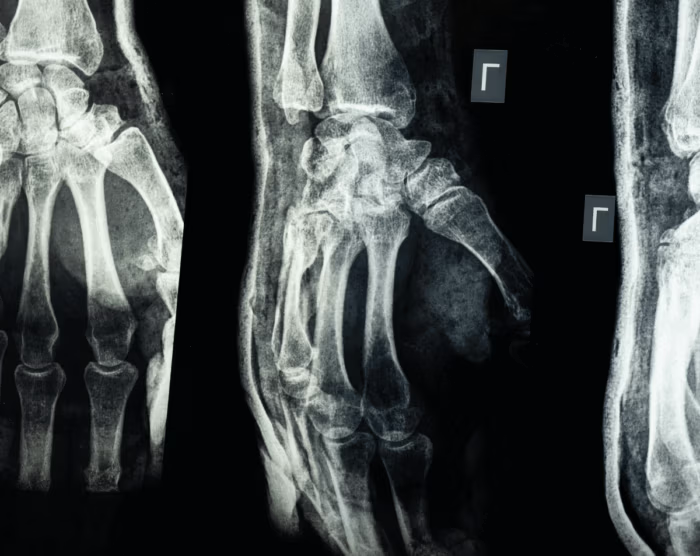
As a licensed physician, I believe patients deserve to know how their care is regulated — especially when it involves advanced technology like mobile imaging.
First and foremost, mobile imaging services must comply with federal laws. In the United States, the Centers for Medicare & Medicaid Services (CMS) oversees many of these regulations.
For example, the Medicare Conditions of Participation require that all mobile imaging providers meet strict safety, equipment, and operational standards. This ensures that whether the imaging happens at a hospital or in your living room, the quality remains consistent.
Additionally, mobile imaging providers must adhere to HIPAA laws, which protect patient information. Because imaging involves sensitive data, companies must secure both the equipment and the digital files they produce.
While federal laws set the groundwork, each state adds its own rules.
Most states require mobile imaging providers to hold special licenses, much like stationary imaging centers. These licenses ensure the company uses certified technicians, properly calibrated machines, and safe operating procedures.
Moreover, many states demand regular inspections of both the mobile units and the equipment. As a result, you can trust that licensed providers undergo strict oversight before they ever reach your doorstep.
Radiation safety is a top concern; and for good reason.
Whether you’re getting an X-ray, a CT scan, or any other radiologic test, safety standards must be met. Federal and state agencies, including the Nuclear Regulatory Commission (NRC) and state radiation boards, monitor how mobile providers use and handle imaging devices.
This includes shielding protocols, technician training, and equipment maintenance. Therefore, when a mobile imaging provider comes to you, they aren’t just offering convenience — they’re following strict safety laws designed to protect your health.
Beyond licenses and safety checks, reputable mobile imaging services often seek accreditation from national organizations.
Groups like the American College of Radiology (ACR) or the Joint Commission provide additional oversight. Although these accreditations are voluntary, they demonstrate a commitment to the highest standards in imaging quality and patient care.
So, if your mobile provider mentions accreditation, it’s a good sign they take your health seriously.
You might wonder why all this regulation matters if your images come out clear and your doctor gets the results. Here’s why:
- First, these laws protect you from substandard equipment and poorly trained technicians.
- Second, they ensure your personal health information stays secure.
- Third, they guarantee that the results your doctor uses to make decisions are accurate and reliable.
Ultimately, knowing your mobile imaging provider follows these rules means you can trust the care you’re receiving; both now and in the future.
At Desert Mobile Medical, we don’t cut corners. Our mobile imaging services follow every federal, state, and safety regulation — because your health and peace of mind depend on it.
We believe that bringing healthcare to you should never mean lowering the standard of care. By staying transparent and compliant, we make sure you get the best of both worlds: convenience and quality.
📞 Have questions? Call us at (480) 331-2699 — We’re here to help.
🌐 www.desertmobilemedical.com




